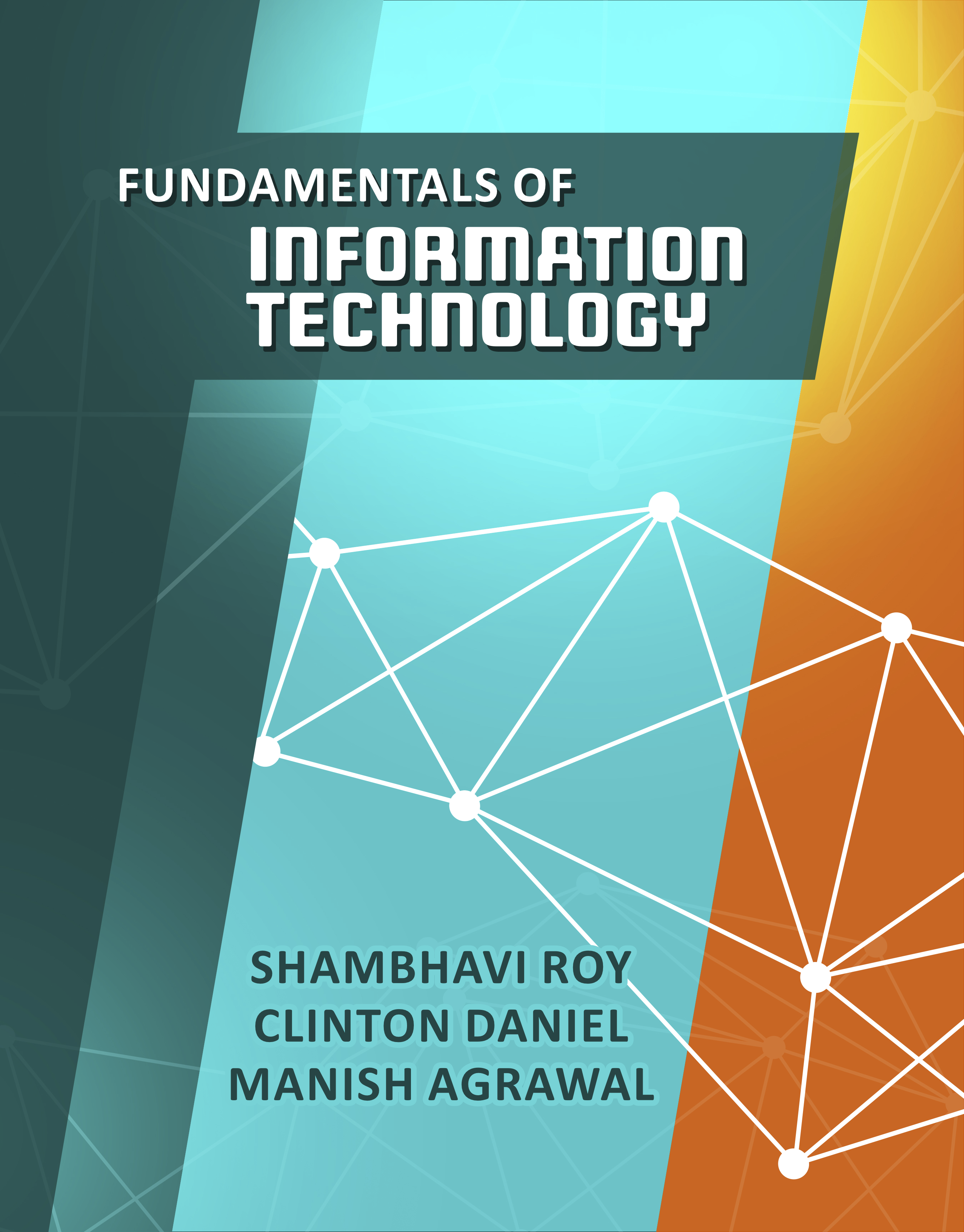Document Type
Book Chapter
Publication Date
1-1-2023
Keywords
digital information technologies, information technology, Languages
Abstract
Computer languages are the rules for writing computer programs. Just as we need languages such as English to communicate ideas and information with each other, we need computer languages to tell computers what to do. Computer languages are popularly called programming languages. The important difference between human languages and computer languages originates from the human ability to handle ambiguity and fill context. For example, in most contexts people would understand the phrase “let’s meet tomorrow.” But computers would not be able to figure out who is meeting, the place of the meeting, the time of the meeting, any prior preparation for the meeting, etc. Therefore, computer languages use specific syntax and grammar to precisely communicate with machines to avoid miscommunication. Once you develop some familiarity with computer languages and comfort with giving precise instructions in computer languages to get the job done, you can create increasingly complex computer applications that make life easier. Computer applications are a set of instructions written in a programming language. Computers read these instructions and perform the corresponding set of actions.
Digital Object Identifier (DOI)
https://doi.org/10.5038/IEQC5080
Scholar Commons Citation
Roy, Shambhavi; Daniel, Clinton; and Agrawal, Manish, "Chapter 13 Computer Languages, Applications, and Emerging Technologies" (2023). FUNDAMENTALS OF INFORMATION TECHNOLOGY: Textbook – English. 12.
https://digitalcommons.usf.edu/dit_tb_eng/12
Was this content written or created while at USF?
Yes


